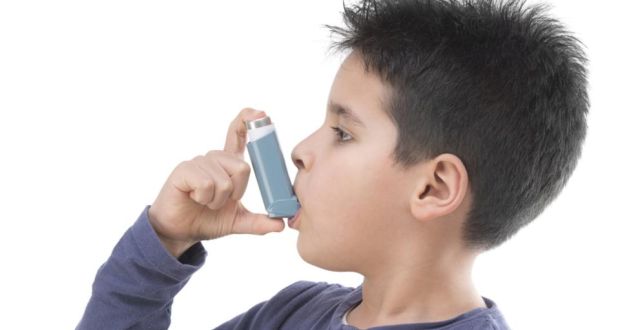WASHINGTON: Parents, take note! Children who are exposed to high levels of pet and pest allergens as infants are at a lower risk of developing asthma by the age of seven, a study claims.
The finding could help design strategies to prevent asthma from developing, alleviating the burden of this disease placed on millions of people, as well as on their families and communities, researchers said.
Researchers at University of Wisconsin-Madison in the US found that exposure to certain allergens early in life, before asthma develops, may have a preventive effect.
They found higher concentrations of cockroach, mouse and cat allergens present in dust samples collected from the children’s homes during the first three years of life were linked to a lower risk of asthma by seven years of age.
Researchers noted a similar association for dog allergen, although it was not statistically significant, meaning it could be due to chance.
Additional analysis indicated that exposure to higher levels of these four allergens at age 3 months was associated with a lower risk of developing asthma.
Previous study suggested that exposure to certain bacteria during infancy may protect 3-year-olds from recurrent wheezing, a risk factor for developing asthma.
However, additional research is needed to clarify the potential roles of these microbial exposures in asthma development, researchers said.
“Our observations imply that exposure to a broad variety of indoor allergens, bacteria and bacterial products early in life may reduce the risk of developing asthma,” said James E Gern, professor at University of Wisconsin-Madison.
“Additional research may help us identify specific targets for asthma prevention strategies,” Gern added.
The study was published in the Journal of Allergy and Clinical Immunology. (AGENCIES)
Trending Now
E-Paper


